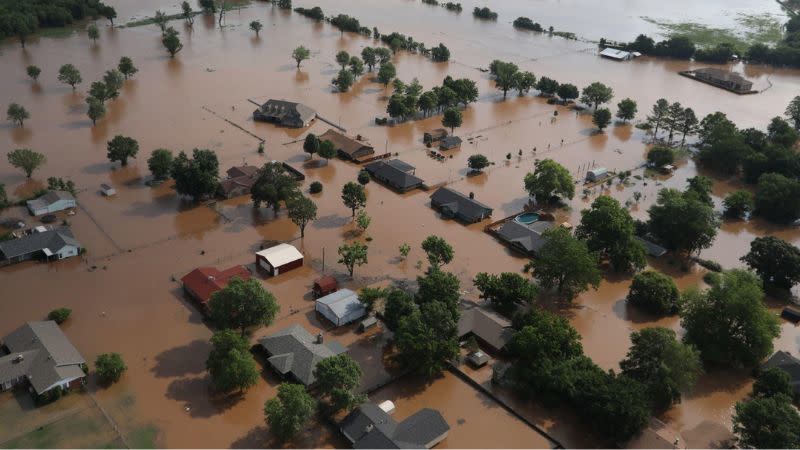Climate-Change-Resilient Cities Need Leadership from Top

The lack of co-ordination between Australia’s different levels of government is a key barrier to achieving comprehensive and integrated climate change adaption strategies in Australian cities and towns, according to new research.
The research by the Australian Housing and Urban Research Institute (AHURI), Improving Australian climate change adaption strategies: learning from international experience, undertaken by researchers from Curtin University, examines successful climate change adaptation practices, strategies and policies implemented internationally that could support the sustainable development of cities and towns across Australia.
“Adaptation strategies focus on reducing the impact of climate change on our cities and towns,” says lead researcher Dr Francesca Perugia, of Curtin University.
“An example of an adaption strategy from our research is Riba-roja de Túria in Spain, where the town planted 35ha of low-flammable vegetation to protect the town from bushfires while also promoting community awareness.
“These adaption strategies are different to mitigation strategies, which concentrate on tackling the causes of climate change.”
Australia currently lacks a strong overarching direction in climate change adaptation, including legislation and funding.
In a peer-reviewed 2019 assessment of adaptation plans of 54 countries, Australia was the worst performer. This poor performance can be linked to the narrow scope of Australia’s approach to adaptation, including the lack of political leadership, the division of powers, and allocation of responsibilities, across the three tiers of government.
“While adaptation is a shared responsibility between governments at all levels; businesses, communities and individuals, state governments need to lead the way and deliver strong leadership,” Dr Perugia said.

The research interrogated urban adaption strategies in three international case studies: flooding prevention in Tulsa, US; bushfire reduction in Riba-roja de Túria, Spain; and cyclone proofing in Florida, US.
In Tulsa, adaption strategies are supported by overarching national policy and funding frameworks, and the combination of top-down and bottom-up solutions provide the best results.
All three case studies emphasise active community participation and leadership in devising and delivering their adaption strategies.
“Building community resilience and preparedness includes increasing awareness of climate change for households and communities, including improving their preparedness and understanding of natural disasters,” Dr Perugia said.
“Climate change resilience is also improved by strengthening stakeholders’ networks between different sectors and between institutions and community.”
The research found that Australian cities and towns should incorporate three main strategic approaches for effective climate change adaptation—long-term investment and holistic approaches; building community resilience to deal with the impacts of climate change; and innovation in structural solutions that respect and reinforce the local ecological system as a way to build resilience.















